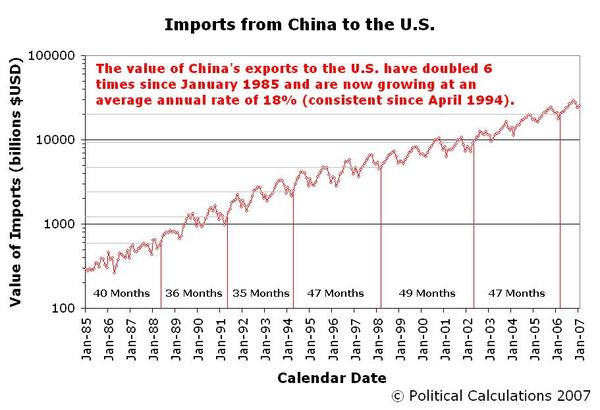Appreciating Luxuries
It's easy to forget exactly how rich we are. Two days ago, as I was driving to work, I saw a van with a bumper stick. The van belonged to a typical Madison parent, one with school-age children. The bumper sticker stridently proclaimed "The Arts Are Not a Luxury!" Obviously, at some point, this parent felt threatened that their child's school would cancel the orchestra, the band, a painting class, or some other such artistic program.
The bumper sticker, of course, is wrong. The arts are a luxury. They're an incredible luxury. They enrich our lives in many ways, yet have been a disposable part of human existence for centuries.
The first priority of any group of people has always been food, clothing, and shelter. This is easy to forget when a 900 square foot apartment qualifies as poverty, when buying clothes from Goodwill is an embarrassment, and when grocery stores stock the cuisine of the world -- available to anyone with food stamps. But America's "poor" haven't always been this rich.
For the last several weeks, my wife and I have been rereading Laura Ingalls Wilder's "Little House..." books. I was probably in middle school, the last time I read these books. Reading them with an adult's perspective has been an eye-opening experience. Charles and Caroline Ingalls spent most of their adult life doing nothing more than gathering food, stockpiling food, building shelter, and attending to household chores.
In Little House on the Prairie, we see the family leaving home, able to pack all of the belongings into one, small covered wagon. Upon arriving in "the prairie", Pa spends an entire summer doing nothing more than building a house and barn, digging a well, hunting food, making furniture, and starting to plant crops. During most summer days, Pa worked from sunup to sundown and collapsed into bed as soon as night fell. The only time he was energetic enough to play his fiddle was when winter shortened the days and he was forced to work fewer hours.
This was a world where store-bought sugar and butter were precious luxuries, to be enjoyed only a few times a year. This was a world where buying window glass represented a huge splurge and a sack stuffed with grass constituted a fine mattress.
The arts? Pa's fiddle was the sum total of the Ingalls' experience of "the arts". Forget the arts -- for many years, Laura and Mary didn't know how to read, write, or do math. Simple education was a luxury that was out of their reach. And they were hardly alone. The majority of American families lived through similar experiences.
Food, clothing, and shelter are all plentiful in the America of today. People spend so little time worrying about these staples of life that they have time to think about music, painting, and poetry. People can only enjoy the arts when bellies are full and bodies are warm.
Let me illustrate. We received a package from Amazon.com today -- Season 3 and Season 4 of the Cosby Show. These episodes were produced 21 years ago. Over the past two years, companies have been putting the episodes onto DVD. Over the next several weeks, we intend to enjoy every one of them.
Unlike Charles Ingalls, I don't have to build our house, I don't have to hunt down our food, and I don't have to worry about making our own clothing. Instead, I can come home and have multiple hours available in which to entertain myself. Rather than amusing myself with only my own fiddle, I can listen to a wide variety of music -- all on-demand. I can read from a huge selection of books and I can watch a large selection of television and film entertainment. Entire sections of our economy consist solely of people producing ways for other people to amuse themselves.
The arts -- and everything else -- are a luxury. They're a luxury that I'm incredibly thankful to have. I want my children to have them as well, but I realize that the world won't end if a music program or a painting program gets canceled. As long as my children are full and warm, I'll be content. Everything else is just butter on the bread.
This entry was tagged. History Prosperity
